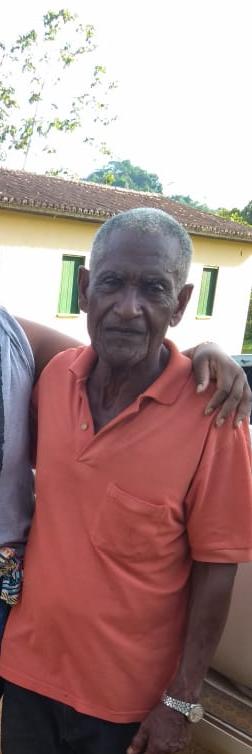A leader of the Barroso quilombola community and director of Sindicato dos Trabalhadores Rurais de Camumu, in the south of Bahia, Antônio Correia dos Santos was killed when armed men broke into his home and shot him three times, on 8 May 2020. Antonio was taken to hospital but died the next day from his injuries.
Since 2014, the quilombola community of Barroso has been in conflict over land ownership with the Varjão community, formed by small farmers in the area. The case remains unresolved, despite several complaints made to state bodies regarding increased tensions over the use and ownership of an area where there is a flour mill, a vegetable garden and a communal kitchen.
Antônio Correia had been receiving death threats and he had spoken out about the threats in March 2020, at a meeting of the Bahia Rural Development Secretariat with other government agencies organised to address the land issues. Despite the fact that a Protection Order had been issued by the courts because of previous threats and the intensification of violence in the area, nothing was done to protect him.
Thirty days after the killing, members of the community published an open letter to the Governor of Bahia demanding an investigation into the killing.
“Antônio Correia dos Santos was a friendly, welcoming man, a counselor and a fair person. He always worked to promote dialogue and understanding. He always listened to other people and contributed a lot to the education of young people and adults.
He was very patient, and a pacifist, but at the same time he would never give up defending the rights of his people. He was a great and active community leader and a devoted family man focused on farming and the protection of the environment. He was a trade unionist and President of the Quilombola do Barroso Association, a rural area in the municipality of Camamu in Bahia.
He was one of the first people in quilombola communities to believe that collective title protects, and will protect against expropriation and will guarantee the permanence of quilombola life. He was a man of faith: he believed in justice, and in people, but mainly he was sure of the fight he was fighting: the fight to remain in the territory, the fight for life.”
Despite the fact that the case has been taken up by the office of the Human Rights Ombudsman, the office of the State Prosecutor and the Organisation for Rural Development, the investigation remains effectively paralysed.


